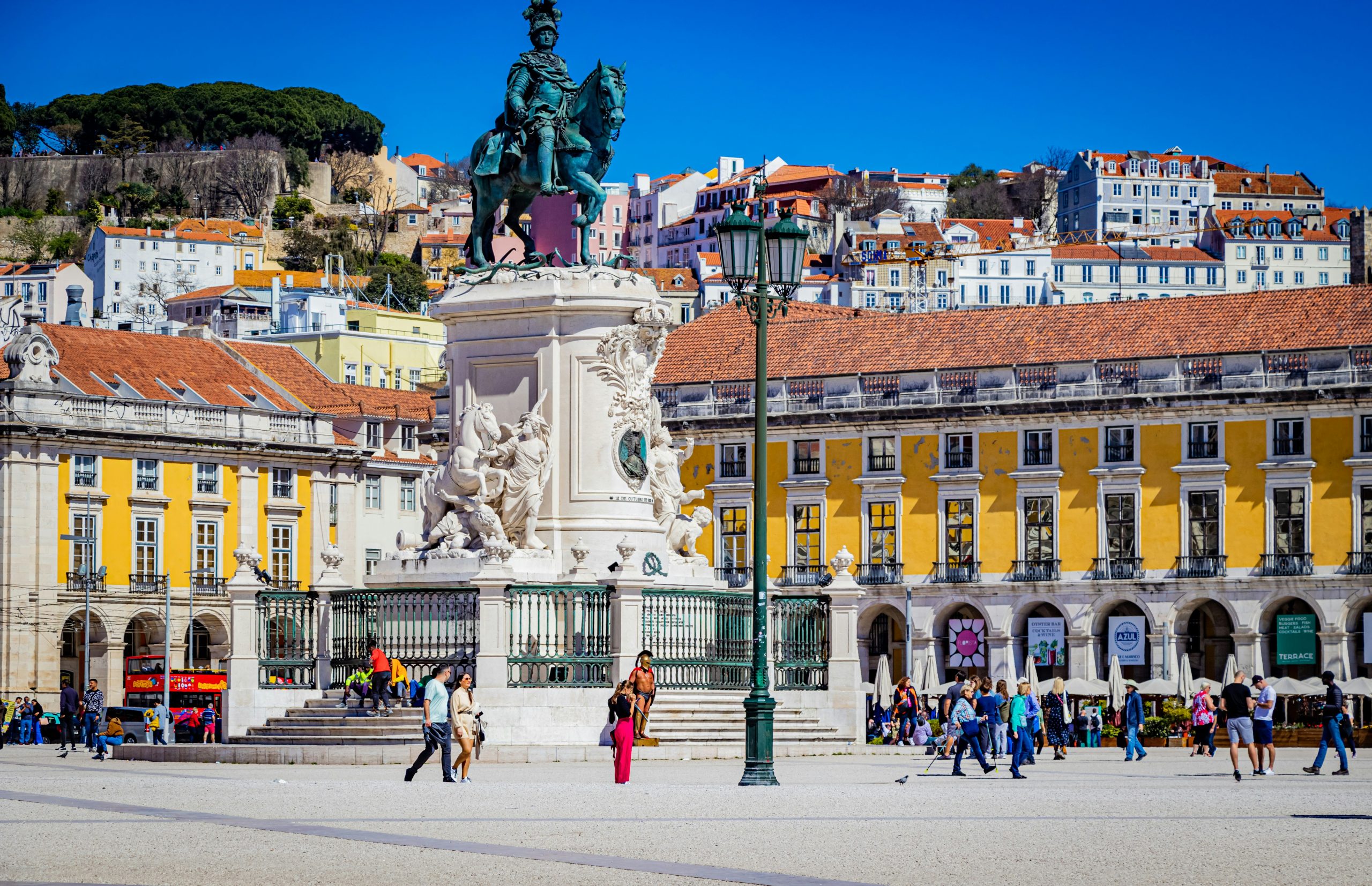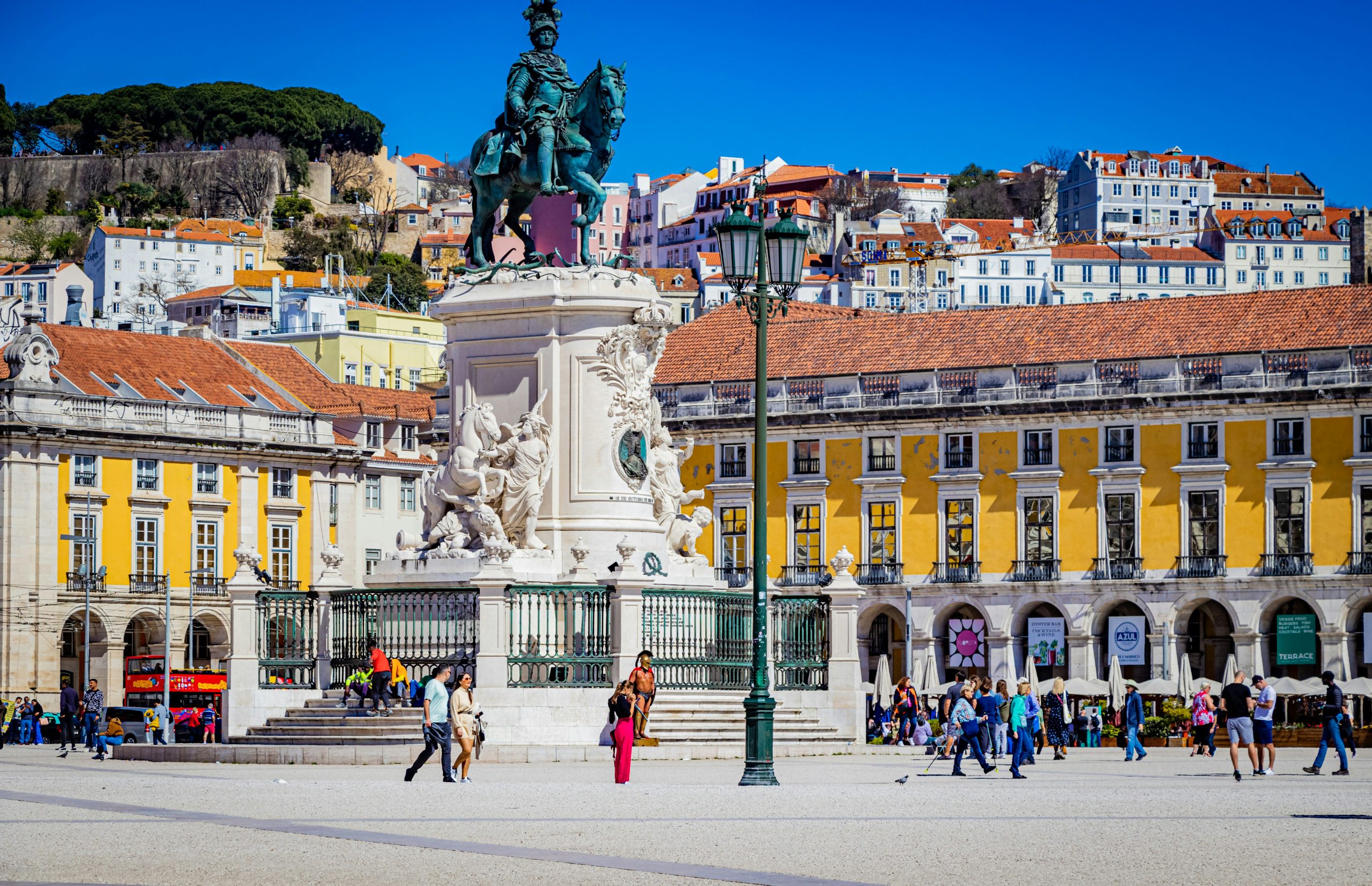For global investors, long planning horizons matter as much as market performance. When jurisdictions adjust timelines or refine administrative processes, the question is how to keep continuity and maintain rights over many years. Portugal permanent residence has become central to that conversation, offering a predictable long-term status that stands apart from the shifting requirements often seen in naturalisation pathways.
Permanent residence is not a tactical workaround and not a short-term response to policy changes. It is the structural element in Portugal’s residency framework that has remained stable through multiple legislative cycles. For many investors, it has become the foundation of their European strategy.
Why Portugal permanent residence matters now
The modern residency landscape rewards those who prioritise consistency. Portugal permanent residence offers a clear set of rules that have not changed for many years.
This allows investors to plan in multi-year cycles without exposure to short-term adjustments or evolving naturalisation timelines.
The five-year timeline for eligibility remains unchanged. Once granted, permanent residence does not expire in the way temporary permits do and is renewed every five years. It gives investors the right to live, work, and study in Portugal, retain access to the Schengen Area, and maintain a stable European base without mandatory relocation.
This has made the status valuable for individuals who manage global portfolios, travel often, or balance personal and professional commitments across continents.
It is also a practical solution for nationals of countries that restrict dual nationality. For these families, permanent residence becomes the long-term position rather than a step toward citizenship.
A framework built on clarity
Portugal permanent residence follows the European Union rules for long-term residence. This alignment with EU standards is one of the reasons it has remained so stable.
Applicants must show:
- Five years of legal residency in Portugal
- A2-level Portuguese
- Stable and regular income
- Proof of accommodation
- A clean criminal record
- Compliance with tax and social security obligations
These requirements are objective and documentation-based. They do not rely on interviews or discretionary cultural assessments. In an environment where administrative timelines can vary, clarity becomes a form of protection.
A flexible footprint for global investors
For Golden Visa investors, one of the most relevant features is the ability to progress toward Portugal permanent residence without strict physical-presence requirements during the Golden Visa stage.
Golden Visa holders may maintain their temporary status with minimal time in the country. This limited-stay requirement often shapes how families plan their long-term residency strategy and how they prepare for the possibility of applying for permanent residence.
Once permanent residence is granted, the qualifying investment linked to the Golden Visa is no longer required. Investors may divest or restructure their holdings without affecting the validity of their residency status.
This allows families to keep their European base while retaining full control of their capital.
Permanent residence gives investors time to observe how naturalisation rules evolve before deciding whether to pursue further steps. It is a strategy built on patience rather than reaction.
A long-term European base
Portugal permanent residence brings advantages that go beyond the permit itself.
It establishes a reliable European base for education planning, intergenerational mobility, and business activity. Families can access Portuguese universities and, in many cases, institutions across Europe.
Entrepreneurs gain the ability to establish operations without relocating full time.
For those managing global risk, permanent residence provides a safeguard should political, economic, or personal circumstances shift in their home country.
The value lies in optionality. Permanent residence keeps future pathways open while reducing exposure to administrative delays or policy adjustments.
Why permanence outperforms speculation
The most durable residency strategies are those built on stable components.
Portugal permanent residence has served that role for years.
Investors often begin with an investment-linked permit. Over time, priorities shift from returns to access, and from access to continuity. Permanent residence is where those priorities meet. It turns a temporary right into a long-term position with minimal ongoing requirements.
Rather than relying on assumptions about changing timelines, many families use permanent residence as the foundation while exploring complementary residency options elsewhere in Europe. Some pair Portugal with Italy for speed. Others remain focused solely on Portugal and treat the country as a long-term base for travel, education, or lifestyle planning.
The strategy works because the underlying status is predictable.
A practical perspective for investors
For those evaluating their next step, the question is straightforward: what offers the greatest degree of predictability over the next decade?
Portugal permanent residence remains one of the most reliable long-term statuses in Europe. It protects mobility, preserves rights, and gives investors time to make considered decisions.
In periods of transition, predictability becomes a form of protection. Permanent residence provides that foundation.





